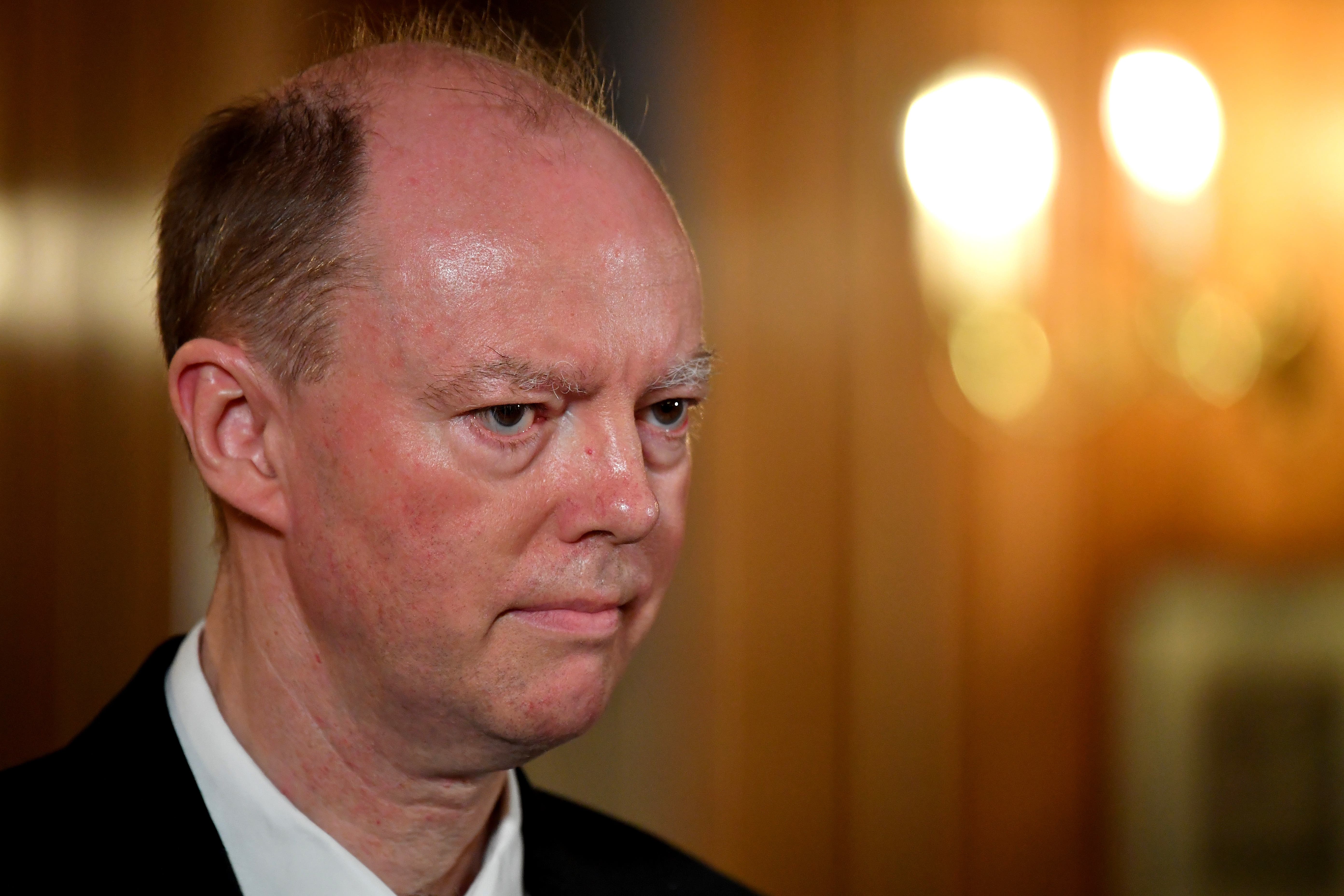Anti-lockdown proposal in favour of herd immunity ‘flawed at multiple levels’
Professor Sir Chris Whitty said the public debate about herd immunity led to ‘considerable confusion’.

A plan to get to herd immunity for Covid while shielding the most vulnerable was “flawed at multiple levels”, Professor Sir Chris Whitty has said.
The chief medical officer for England told the Covid-19 Inquiry that the proposal – which called for an easing of lockdown measures in favour of a combination of shielding and a herd immunity approach – had a “very large number of problems with it”.
Sir Chris described the discussion of herd immunity during the pandemic as “a clearly ridiculous goal of policy” and “very dangerous”.
He told the inquiry that the public debate about this led to “considerable confusion” where there was a “large amount of chatter” by “people who had at best half-understood the issue”.
Sir Chris said it would have been “inconceivable” to make herd immunity through natural infection a policy goal because “it would have led to extraordinarily high loss of life”.
I thought it (GBD) was flawed at multiple levels. I thought it made an assumption of full immunity that would be lifelong - which they didn't state that was an assumption - which I thought was extremely unclear. And it did prove to be incorrect
He said that, in his view, the only rational policy response where “you would ever aim to achieve herd immunity is by vaccination”.
Herd immunity occurs when the majority of a population develops immunity against a contagious disease either through vaccination or due to a previous infection.
It was discussed early on in the pandemic and then in October 2020 at the time of the Great Barrington declaration, an open letter published by public health experts from around the world.
It claimed harmful Covid-19 lockdowns could be avoided through “focused protection” for those at the greatest risk of developing severe disease while letting others resume their lives as normal.
It said: “The most compassionate approach that balances the risks and benefits of reaching herd immunity, is to allow those who are at minimal risk of death to live their lives normally to build up immunity to the virus through natural infection, while better protecting those who are at highest risk.”
The proposal was drawn up by Sunetra Gupta of the University of Oxford, Jay Bhattacharya of Stanford University, and Martin Kulldorff of Harvard University, and signed by many more.
Sir Chris said: “I thought it (GBD) was flawed at multiple levels.
“I thought it made an assumption of full immunity that would be lifelong – which they didn’t state that was an assumption – which I thought was extremely unclear.
“And it did prove to be incorrect.”
He said that former prime minister Boris Johnson, who ended up being admitted to hospital due to severe Covid, was unlikely to have been identified as a candidate for the shielding group, highlighting the premise of GBD to be “wholly impractical”.
He told Hugo Keith KC, counsel to the inquiry: “I could not see a situation where something which was so transmissible from people who were at least pre-symptomatic (or) asymptomatic, as we subsequently became confident, would not eventually catch it anyway.
“So, the idea you could somehow provide this barrier struck me as wholly, wholly impractical.”
Sir Chris added: “It’s quite rare that I actually say of a group of distinguished other academics, ‘I possibly disagree with what you’re saying’.
“This is one of those few occasions – I think they were just wrong, straightforwardly.”
Bookmark popover
Removed from bookmarks